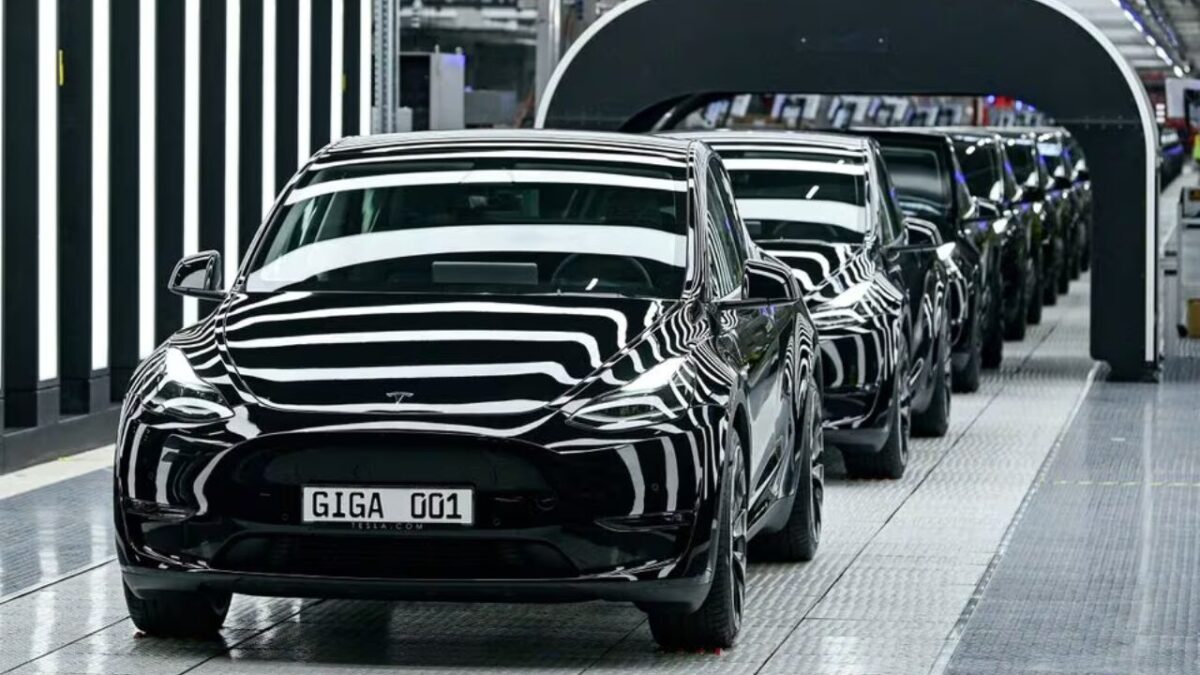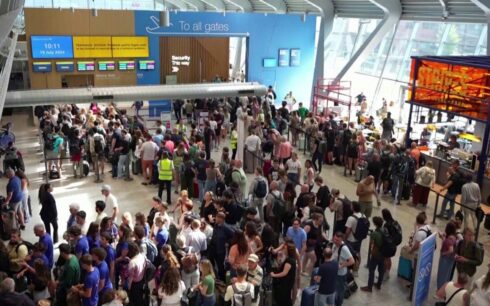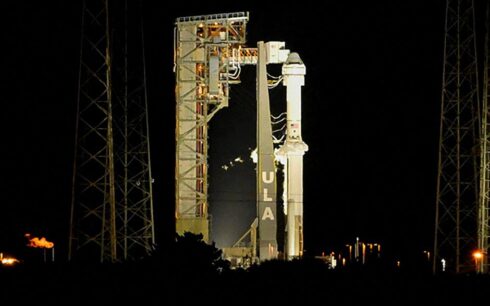Tesla Inc.’s Autopilot and Full Self-Driving technology, along with nine other automakers’ assisted-driving systems, received “poor” ratings from the Insurance Institute for Highway Safety in a study released Tuesday.
The IIHS, a safety research group funded by the insurance industry, found no evidence that Autopilot or similar systems improve real-world safety, based on analysis of crash data.
“We analyze insurance claims data, comparing vehicles equipped with these technologies against those without, and have found no reduction in claims,” IIHS President David Harkey told Reuters. In contrast, automatic emergency braking systems have been shown to reduce rear-end collisions by 50% and pedestrian accidents by 30%.
Tesla and CEO Elon Musk have claimed that vehicles using Autopilot are significantly safer than the national average and those without the technology. However, federal regulators are probing nearly 1,000 accidents involving Tesla’s Autopilot. A civil case in California next week will further examine Tesla’s assertion that responsibility lies with drivers who ignore the company’s cautions to remain alert.
Tesla did not respond to a request for comment, according to Reuters.
The IIHS evaluated 14 assisted-driving systems from nine manufacturers against its own criteria, as the U.S. National Highway Traffic Safety Administration lacks formal standards for these advanced-driver assistance systems (ADAS).
“There are no federal regulations or consistent guidance,” Harkey stated, explaining the initiative to develop these benchmarks.
Only Toyota Motor Corp.’s Lexus Teammate with Advanced Drive, available on a limited number of Lexus LS hybrid sedans last year, achieved an “acceptable” rating.
“Toyota continuously aims to increase vehicle safety,” the company said, noting its consideration of third-party tests like those from the NHTSA and IIHS for improving its vehicles.





